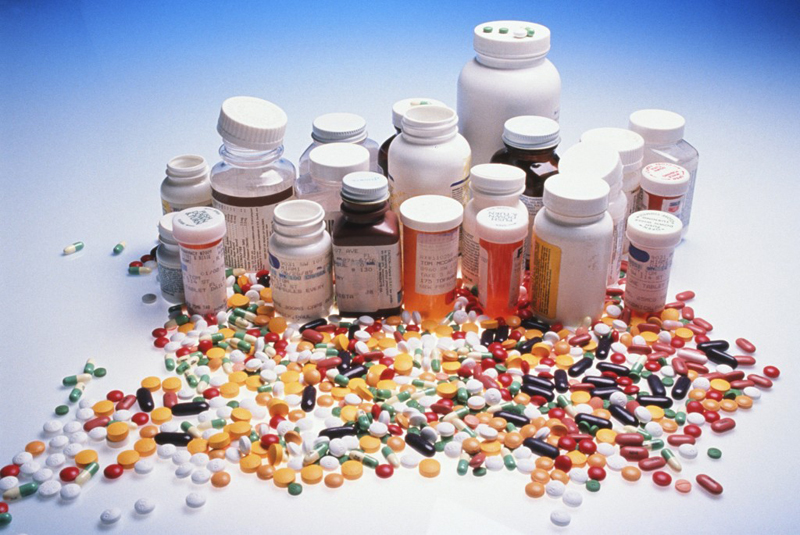Thailand Pays for a PR Coup
Submitted by Diane Farsetta on
Thailand's unelected interim government, which was installed after a military coup in September 2006, is "increasingly unpopular at home" and "under attack abroad for overriding drug patents," reports Reuters. So, according to former army chief turned Prime Minister Surayud Chulanont, Thailand will "spend $600,000 on a three-month public relations campaign" to improve the government's poor image. "The money isn't much, but we have to do what we have to do," said Chulanont.

 Later this month, proposals "that would jeopardise the current ban on
Later this month, proposals "that would jeopardise the current ban on  Federal court judge Jack B. Weinstein has lifted an
Federal court judge Jack B. Weinstein has lifted an